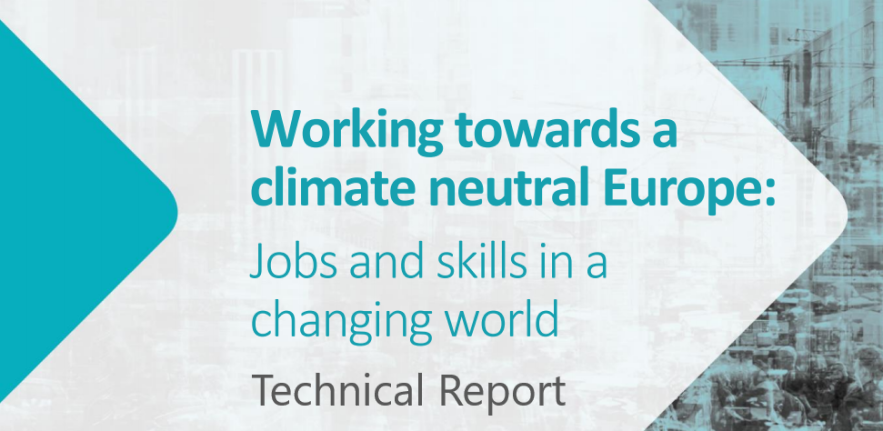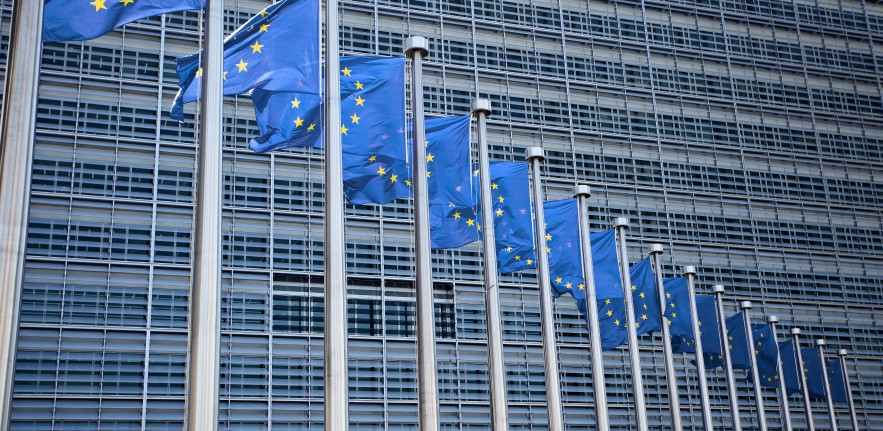
28 April 2020 – This CLG Europe report looks at the implications of the transition to a climate neutral economy for jobs and skills in the context of broader megatrends such as globalisation, technological change, resource scarcity and demographic changes.
Although their exact impacts are highly uncertain, these megatrends are likely to impact the global economy, business and society, causing major transformations in the labour market over the next 30 years. The report shows that climate action can help ensure that the EU labour market is more resilient to these major changes.
Through country case studies, concrete business examples and policy recommendations, the report findings provide essential reading on how to shape policy and business actions in response to these megatrends and how to align action in support of climate neutrality. The case studies featured in the report look at changes in the automotive sector in Germany, the steel industry in Sweden, agriculture and digitalisation in Spain, the coal industry in Romania and the wind power sector in the UK.
The research was carried out before the impacts of Covid-19 became apparent, but many of the recommendations now seem even more urgent and significant. The need to develop firm foundations for future employment, and to develop a skilled and competitive workforce, has grown, not diminished, and must be a core topic for future policy action.
Citing this report
Please refer to this publication as: University of Cambridge Institute for Sustainability Leadership (CISL). (2020). Working towards a climate neutral Europe: Jobs and skills in a changing world, UK: CLG Europe.
Working towards a climate neutral Europe
Read the report in full
|
Executive summary
|
Access the technical report
|
Policy recommendations
|
Case studies
|
Watch the webinar
|














